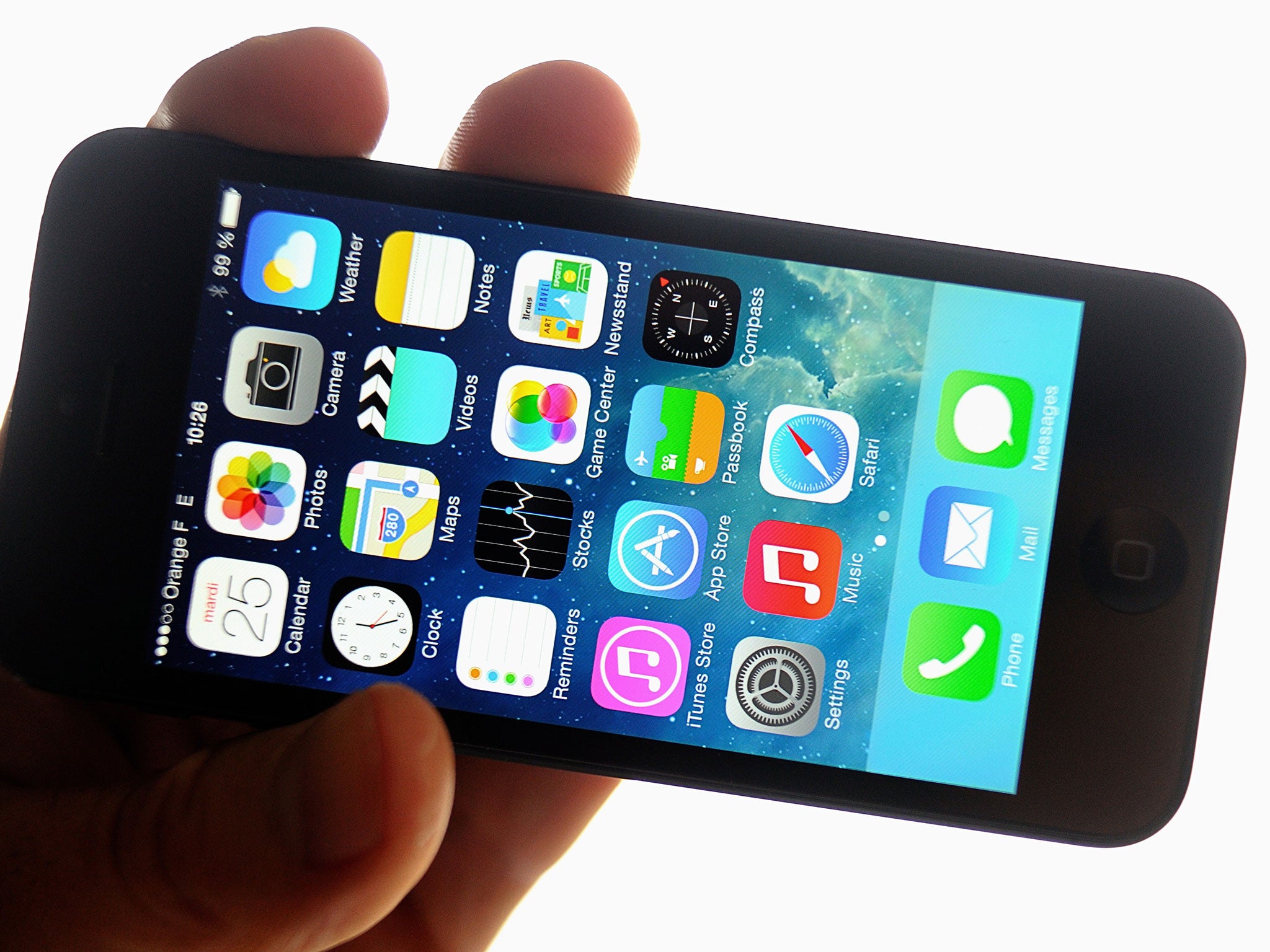Is there a place on your body that you shouldn't put your phone?
Reports have recently suggested that phones can cause cancer

Your support helps us to tell the story
From reproductive rights to climate change to Big Tech, The Independent is on the ground when the story is developing. Whether it's investigating the financials of Elon Musk's pro-Trump PAC or producing our latest documentary, 'The A Word', which shines a light on the American women fighting for reproductive rights, we know how important it is to parse out the facts from the messaging.
At such a critical moment in US history, we need reporters on the ground. Your donation allows us to keep sending journalists to speak to both sides of the story.
The Independent is trusted by Americans across the entire political spectrum. And unlike many other quality news outlets, we choose not to lock Americans out of our reporting and analysis with paywalls. We believe quality journalism should be available to everyone, paid for by those who can afford it.
Your support makes all the difference.A health expert has stressed that there is no proven link between using a mobile phone and developing cancer after such claims recently hit headlines.
As wireless technology has become widespread over the past two decades, researchers have worked to understand whether it could have negative effects on health.
A recent report on New.com.au quoted Dr Devra Davis, an American epidemiologist, who said she was concerned by mobile phone use and electromagnetic fields.
She also spoke of an incident where a young women allegedly developed a breast cancer tumour in the shape of her phone, after she put the device into her bra.
However, other health experts have sought to reassure the public that there is "absolutely no evidence" to show that the rays omitted from phones can cause cancer.
Dr Mireille Toledano, an epidemiologist at Imperial College London told The Independent that such cases are merely anecdotal.
Citing the case of a man who ate a bacon sandwich and “dropped down dead” she said “there’s always going to be one person where something extraordinary has happened."
"And no-one would say none of us should eat bacon in case we drop down dead, it wouldn’t make sense.
“We take risks when we cross the street, go in a car, but they have to be put into context and we have to weigh up whether they are worth taking.”
Describing the electromagnetic spectrum, she said that ionising radiation such as x-rays have been proven to increase the risk of cancer.
However, the electromagnetic spectrum spans from low frequency rays, which come from objects such as overhead powerlines, to the highest frequency ionising rays. In between are those which are non-ionising, like radio waves used for TVs and mobiles.
“We have no evidence to show any biologically plausible mechanism by which exposure to non-ionising radiation electromagnetic fields fields could cause cancer. Nobody has ever put forward a model to show that one causes the other,” she said.
And while such links aren’t proven, researchers are monitoring the effects of such technology for "due dilligence", as use is so widespread.
Dr Toledano said further research is needed into understanding whether the technology is linked to other diseases, such as Alzheimer’s and strokes, as the impact of how our mobile use has moved to our hands as well as our heads.
Imperial College London is currently carrying out two studies into mobile phone exposure on the body: Scamp, which involves around 5,500 secondary school pupils, and Cosmos, which looks at the impact on adults.
She added that those who are concerned about the long-term effects of electromagnetic fields can choose to use a speakerphone or headset.
The Cancer Research UK website contains similar advice to Dr Toledano's, and reads that while studies have shown links to the disease, evidence should be considered in a wider context.
"It’s important to consider this whole body of evidence, rather than individual studies, particularly since lots of these have come to different conclusions. And many of the studies have issues, meaning that their findings may not be completely reliable," according to the charity.
Join our commenting forum
Join thought-provoking conversations, follow other Independent readers and see their replies
Comments